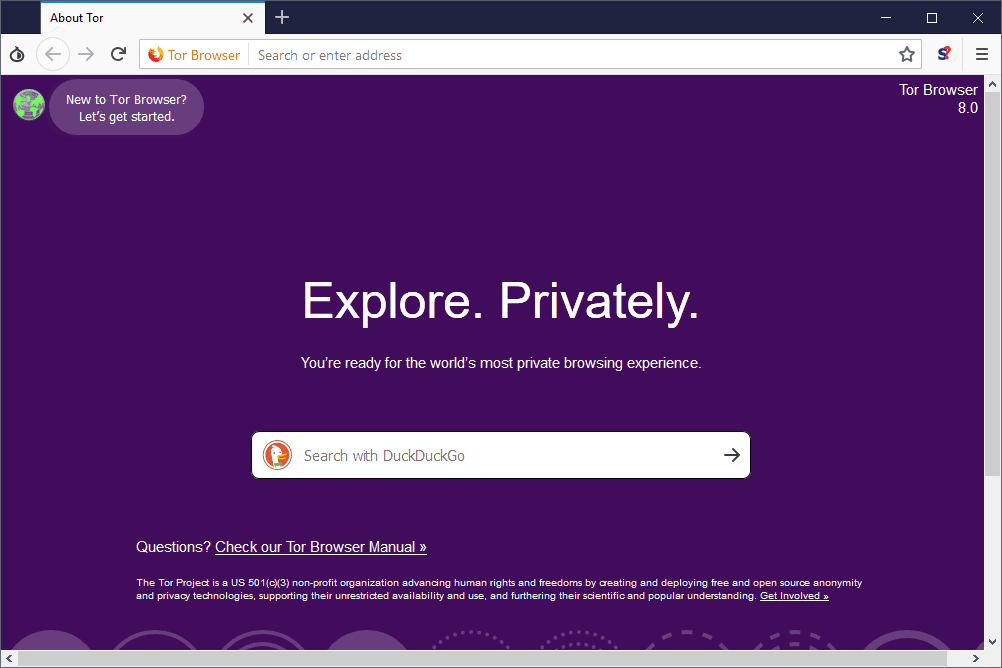
A simply-drawn MS Paint image of an expressionless man is one of the commonest memes seen today. Some know him as Feels Guy, but to most Internet denizens he is called Wojak. As this essay will show, Wojak and his many incarnations are a core part of the Clown World pantheon.
To many who see him for the first time, there is nothing special at all about Wojak. He is simply a generic-looking white face with a blank expression. Neither is he drawn with any great finesse – he is merely an MS Paint depection of a young adult male. This, however, is his great power. Wojak represents the common human spirit that is shared by all of us.
Wojak bears the brunt of the cruelties of Clown World. This is shown in his manifestation as Feels Man. As Feels Man, Wojak is the face that expresses the disappointment and crushing sadness that follows coming to terms with the reality of living in a Clown World. He is the expression of all kinds of sadness, disappointment and despair.
A common portrayal of Wojak is from behind as he stares out across an ocean towards a setting Sun. This meme speaks to the sense that one’s naivety has come to an end. As the Sun sets and leaves Wojak on the beach, so too do our conceptions of an ideal world disappear, leaving us in Clown World with all its insanity.
Another common portrayal of Wojak is as the Doomer (this concept is elaborated upon in another chapter). The Doomer is a man who has been worn down to near breaking point by the insanity of Clown World. He cannot see anything getting better – doom lurks just beyond every horizon. He is strung out, with bags under his eyes, stubble under his chin and a cigarette butt in his mouth.
Yet another is the Coomer (also elaborated upon elsewhere). The Coomer is a man who has become hopelessly addicted to pornography, to the point where he lives for nothing else. This incarnation of Wojak represents the potential sex addict inside each of us, and serves as a warning.
So Wojak, much like Pepe, represents another kind of everyman. Perhaps the essential difference is that Pepe is the masculine form, whereas Wojak is the feminine form. Whereas Pepe feels disgruntlement leading to rage, Wojak feels sorrow leading to despair.
Fundamentally, though, Wojak’s place in the Clown World pantheon is as a representative of the youthful idealism that is lost when a person realises that they live in Clown World. It’s natural to grow up thinking that one lives in a world of reason, where science and evidence weigh heavily. The realisation that only power matters and that logic is meaningless comes as a spiritual shock to many.
For those who have been through it, however (and most have), this spiritual shock is highly relatable. This relatability is the reason for the success of the Wojak meme and its descendants – the ubiquitous nature of Wojak means that he can serve as a kind of template upon which other memes are based.
NPC Wojak is a variant of the original that satirises the unthinking nature of the average pleb. NPC Wojak is similar to the original, only with a grey face and simplified features. The commonest meme to feature the NPC Wojak is a multipanel comic where he is presented with some inane political fact and becomes enraged – a satirisation of how the average NPC out there has no consciousness and simply responds to stimuli like any invertebrate would.
Brainlet Wojak is another common variant. This one involves the regular Wojak but with a variety of cranial deformities so that his brain is clearly much smaller than that of a normal person. The implication, of course, being that the idea associated with the Brainlet Wojak image is a stupid one.
There is also a female version of Wojak, identical to the male original but with long, coppery hair. This version is most commonly seen incarnated as Tradfem Wojak, wearing a flowery blue dress. In this incarnation she also represents a lost promise, in this case the promise of a loyal wife who was interested in raising a family – something that Clown World has made impossible.
Wojak and the various forms that he appears in could be described as an ur-meme and its memetic offspring. Wojak represents the grim, inescapable awareness that the world is really much, much worse that what it promised to be. His feels are our feels; his loss of innocence is ours too. Wojak represents the everyday citizen of Clown World: lost, confused, dismayed.
*
This article is an excerpt from Clown World Chronicles, a book being compiled by Vince McLeod for an expected release in the middle of 2020.
If you would like to support our work in other ways, please consider subscribing to our SubscribeStar fund.




